The best thing about barbequed meat is the delicious seasoning and rubs. They add zinger and character to a dish. However, if you don’t know the difference between them, it can totally ruin your dish. But worry not, that’s exactly what we’re here to help you with.
So, what is the difference between rub and seasoning? The main difference between rub and seasoning is how they are used to enhance dishes as well as the ingredients they are made of, their texture, and their application.
Read on to know more about these differences in detail!
What Is Rub?
A spice rub is made by combining different ground spices. And as the name suggests, its purpose is to be rubbed on raw foods, like barbeque meat, to provide flavor.
A rub is usually applied to food before cooking in order to create a thorough coating of flavor. You can either leave in some rub before cooking to let the flavor soak in. And when you begin to prepare your dish, simply remove the rub and get cooking!
Depending on the dish (and your spice tolerance), you can also leave the layer of rub on for a spicy, mouth-filling taste. There are two types of rub – wet rub and dry rub.
What Is Seasoning?
You might think of salt and pepper when you hear the word seasoning, but it is so much more. Seasoning can be defined as a combo of evenly grounded herbs and spices. It is used for bringing out the natural flavor of a dish as well as for adding some zinger.
Salt helps in reducing the moisture content of a particular food and enhances its natural flavor. On the other hand, herbs and spices such as pepper, cilantro, oregano, cayenne pepper, cumin, turmeric, and more, accompany the taste of the dish.
Rub Vs Seasoning: Comparison Chart
Let’s compare some of the characteristics of these two products.
| Category | Seasoning | Rub |
| Purpose | Enhance the natural flavor of a dish | The main source of flavor in a dish |
| Application | Sprinkled after cooking | Added as a coating before cooking |
| Ingredients | Salt, pepper, and herbs | Spices |
| Texture | Finely ground | Coarse |
What Is The Difference Between Rubs And Seasoning?
Now that you know what seasoning and rubs are, let’s look at what makes the two different.
Purpose
The main difference between a rub and a seasoning is their purpose.
You might think that both rubs and spices add some extra flavor to a dish, but that isn’t exactly true. Seasoning accommodates and boosts the natural flavors of a dish. As we mentioned before, this is because salt reduces the amount of moisture in the dish.
On the other hand, a rub is the primary source of flavor in a dish. It is rubbed onto food to create a layer of spices and herbs that are magnified as you cook the dish.
Application
The next difference between a rub and a seasoning is how they are applied. Not knowing how to properly apply a rub or seasoning can make or break your dish.
You might have heard people say that seasoning is not the same as flavoring a dish. A simple way to understand the difference between the two – a rub is added to food before cooking to give it flavor whereas seasoning brings out this flavor afterward.
Texture
Perhaps the easiest way to tell seasoning and rub apart is by their distinct texture.
As you already know, seasoning consists of a mixture of salt, pepper, herbs, and spices. So, you can instantly recognize evenly ground herbs and spices as seasoning.
On the other hand, there are two types of rubs – wet rub and dry rub. The dry rub consists of spices while the wet rub also includes liquids such as oil or water. This gives rub its signature coarse texture and makes it easier to apply.
Ingredients
Lastly, rubs and seasonings are different because of the ingredients in them.
Seasoning consists of salt, black pepper, and herbs like cumin, basil, oregano. Overall, the seasoning has a milder flavor which adds a touch of a zinger to your dishes.
On the other hand, rubs are loaded with aromatic spices such as cayenne pepper, mustard powder, garlic, lime, Chimayo pepper, onion, and more. Sometimes, rubs also include sugar and earthy herbs like basil, rosemary, and thyme.
Can You Use Dry Rub As Seasoning?
Yes, you can use dry rub as seasoning. However, you should only do this as a last resort.
The purpose of seasoning is to compliment the natural flavor of a dish. Seasoning is added to a dish after cooking whereas rub is applied before the dish is cooked. However, if you do not have any seasoning, a rub is a better option than eating a bland dish.
But remember to use a very light layer of rub to match the slight zinger that seasoning adds to a dish. Moreover, do not use rub before cooking, even when you are using it for seasoning a dish. Otherwise, your dish might become soggy and too spicy to eat.
Can You Use BBQ Rub As Seasoning?
Using BBQ rub as seasoning might not be the best idea but it can work.
Seasoning usually consists of salt, pepper, and herbs that uplift the flavor of a dish. On the other hand, BBQ rub is used to spice up and give flavor to meat before cooking.
So, when you use BBQ rub as a seasoning, there are a few things that you should keep in mind. BBQ rub is essentially a mixture of spices. Thus, you must use it in smaller quantities. This ensures that the flavors of your dish are not overpowered by the rub’s zinger.
Also, BBQ rub cannot bring out the natural flavors of a dish like seasoning can. So, it is best that you also add some extra salt on top in order to alleviate your dish.
Is A Rub A Spice?
A rub is not a type of spice. Rather, a rub is made by combining different types of spices such as Chimayo pepper, lemon, paprika, ginger, cayenne pepper, and more.
However, if your purpose is to add some zinger to your dish, a rub is perhaps the best way to do so. You can even add some herbs like thyme, rosemary, basil, etc to give your dish a more earthy, slightly sweet, and spicy flavor.
Can You Use A Seasoning As A Rub?
Yes, you can use seasoning as both wet and dry rub. However, to get the same burst of flavor like a rub, you might need to add some spices to your seasoning.
Additionally, you’ll need a larger amount of seasoning if you want to use it as a rub on your dish. Remember, the purpose is to create a coating over your dish, which will require more than the pinch of seasoning you use otherwise.
To replace reasoning with dry rub, there isn’t much you need to change. But, if you want a substitute for a wet rub, you can either add water or oil to your seasoning. With that, you’ll have some delicious rub to give your dishes a zinger.
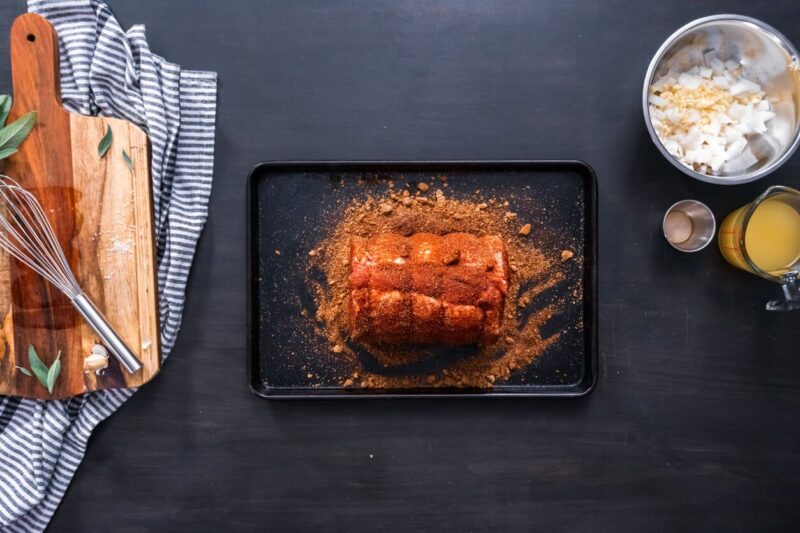
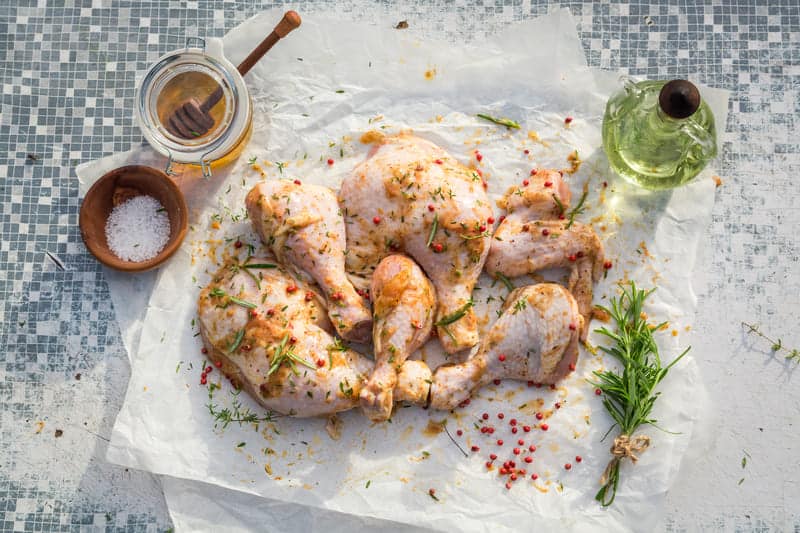
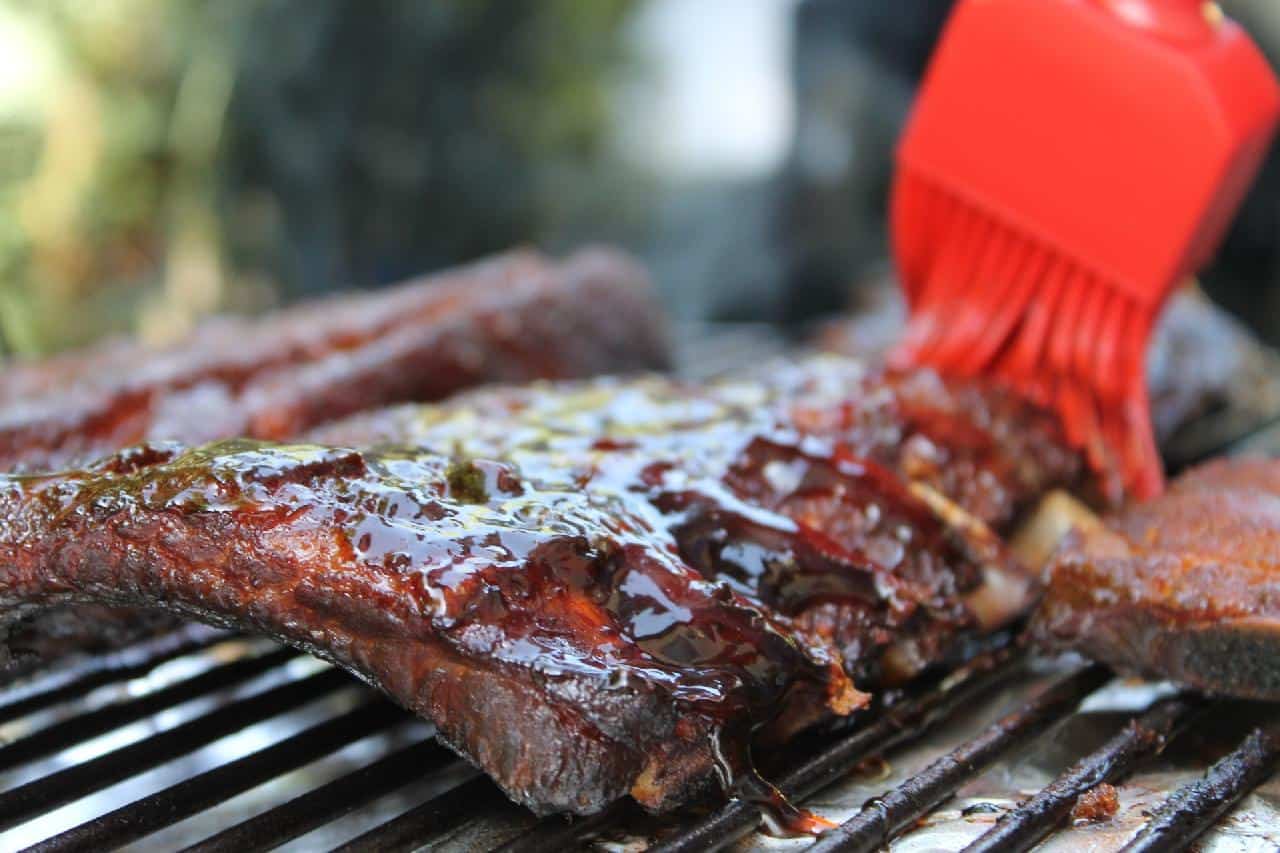
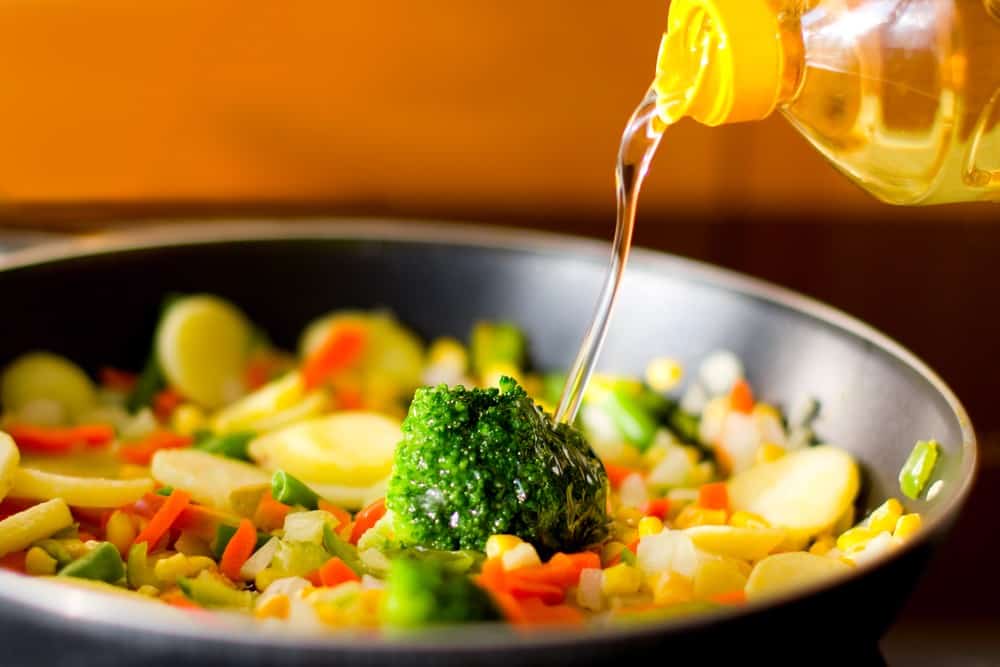
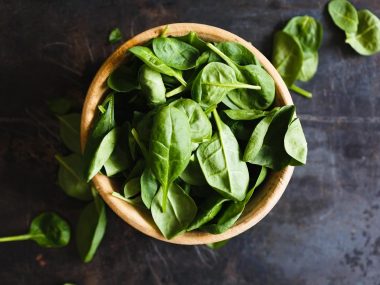
1 comment
I’m not clear on how to apply a rub. The recipe says to rub olive oil. Then rub salt and pepper.
Thank you.